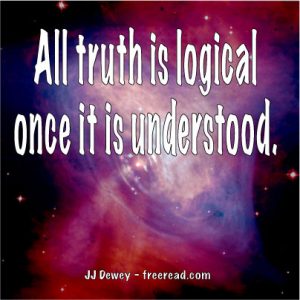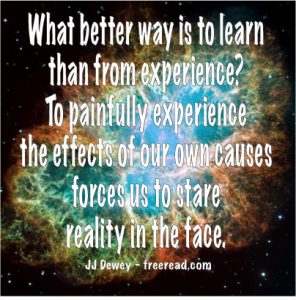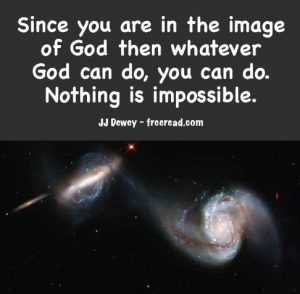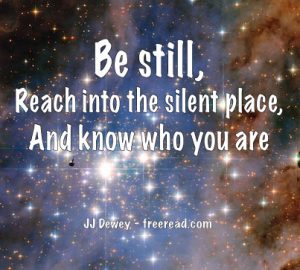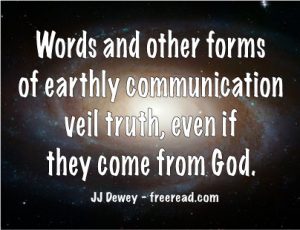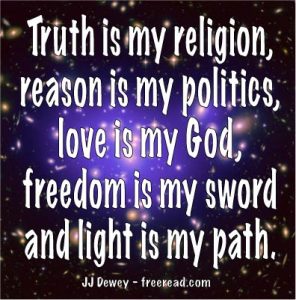
My Political Leanings
A while back I was asked about my political leanings. Am I conservative, liberal, in between or what? I have briefly commented on this in the past, but it has been a while back.
I’m sure that because I have been writing in favor of the death penalty that some new members may look upon me as a right wing extremist, but then in the past I have written on items that made some think I am a liberal.
Actually there is no political party that I am completely at home with, but the closest overall is the Libertarian. The reason is that all my political beliefs are centered around the principle of freedom. That which allows for the greatest exercise of freedom for the greatest number is that which I support. In most areas the Libertarian party goes along with this, but then in others it does not.
For instance The Libertarian Party is usually anti war, even if a successful war will bring liberty to millions. Many Libertarians believe that every war, save the Revolutionary War, The United States has fought was wrong. This includes The Civil War which freed the slaves, World War II that overthrew Nazism and the Korean War. I, on the other hand, would go to great lengths to overthrow a tyranny that suppresses the liberty of the human spirit. Doing what is necessary to establish and preserve freedom is number one in my book.
Members of the Libertarian Party are somewhat split on the death penalty. I support it for heinous crimes as it not only gives greater long range freedom for the criminal, but it frees the living victims from the fear of ever meeting up with him again. It also frees society the concern over his future crimes if released or if he escapes.
I am against abortion overall, but support a woman’s right to choose. I use the Drano principle here in explaining my view. I am against the drinking of Drano, but not support the creation of a law making it illegal. If people understand the harm then they just will not do it. I am against late term abortions (except where the life of the mother is at stake) for two reasons:
(1) The woman has already had plenty of time to make a decision. (2) The soul is strongly enough linked to the fetus to blur the differentiation between it and a regular term baby.
Instead of making more laws of questionable value there should be complete freedom to teach young people the pros and cons of the matter. As it is right now both sides want to shut the other side up and stifle their freedom of expression.
I take the same stance with drugs. I agree that most illegal drugs are harmful and should be avoided, but prevention should be stressed through education and not law enforcement. If we took half the money it cost to fight the war on drugs and the incarceration of those who are in jail because of drugs and spent it on rehabilitation and drug education for the youth we would have must fewer problems than we do today plus a much freer society.
I support limited government – a bare bones government as a matter of fact. Government should only do for the people what the people cannot do for themselves. Insuring national security and the protection of individual freedoms should be the main job of government. I believe that private enterprise can take care of almost all of our social needs.
Low Taxes. With limited government our tax bill should not go over 10% except in times of national emergency.
I see the direction of the civilized nations going toward higher taxes and greater socialism as a disease that will cause great problems within the next generation. These problems must be resolved for the world to continue its progress. The time will come that the some oppressed nations in the past will have more freedom than the United States and Western Europe and set an example for us.
The public figure most in harmony with my philosophy would probably be John Stossel of 20/20.
Overall, my political philosophy is simple. I weigh the pros and cons of the matter and put the freedom benefits to the whole and individual on one side and those ingredients which diminish freedom on the other. If the scales balance toward freedom then I support it, but if they lean toward enslavement I am against it. Many issues have ingredients on both sides of the scale so one has to be non dogmatic, look at the whole and make a judgment if he follows my philosophy.
There is no error so monstrous that it fails to find defenders among the ablest of men.
Lord Acton
Points on Life and Death
The death penalty is an awkward subject to teach a synthetic group for several reasons.
For one thing much of the world is gravitating away from this type of punishment. While it is true that some of the directions which the nations are going is correct there are other directions that are not. We cannot say that because Europe or the United States is doing something that it is good and we must follow.
Time and time again humanity seeks to divorce itself of the Second Key of judgment and seek to establish its values through some black and white benchmark. It will ever be disaster to use any black and white measure in substitute of judgment.
Most of those who oppose capital punishment are sincere about being merciful and it often seems that those who are for it are seeking the lower path of revenge and release of negative feelings.
What we must do is step back and look at the raw principle involved. If one supports capital punishment it should not be because of feelings of vengeance and if one is against it he or she should examine the whole picture to see where true mercy will be.
Here are some reasons many are against capital punishment with my answers:
(1) The State does not have the right to put someone to death.
Answer: Why do you believe this? There is certainly no divine decree that says this. What gives the State the right to put someone in prison for a year or a lifetime? That right, whatever it is, is the same as the power and right to execute. If the state has the right to take away freedom for a lifetime then it certainly has the right to remove the entity away from his physical body and into a free spirit world.
(2) It is wrong to take revenge by applying the death penalty?
Answer: Many victims desire life in prison for the murderer because they feel execution goes too easy on him. In other words, they desire life in prison because the vengeance will be greater and the suffering more lengthy and intense.
Does this mean that because many desire prison terms for the purpose of vengeance that we should eliminate all imprisonment?
Of Course not.
Neither should the feelings of vengeance be a reason to negate other forms of punishment including the death penalty.
I think it is incorrect to be too judgmental toward those who do experience negative feelings when they are damaged by another. Only the few who have entered the path of return are able to place those feelings in their rightful place. All the rest of humanity has to deal with these feelings and true justice, when it is administered by the state, can assist in healing these emotional wounds.
On the other hand, the disciple is not for or against he death penalty because of vengeance. He does not look at the criminal and desire suffering and revenge. He seeks not only what is best, not for the victim, but also realizes that even those guilty of great crimes will eventually manifest the Son of God and he will want what is best for his progression also.
He will therefore be for or against the death penalty according to what he sees as that which will prove the greatest long term benefit for the criminal’s progression.
(3) The death penalty is wrong because sometimes innocent people sometimes get put to death and you can’t bring them back to life.
Answer: Then this would make prison wrong because every year spent in prison by an innocent man cannot be restored to him. Using this argument we should let all the criminals go free because a few of them are innocent.
“But you can let someone out of prison if we find out he is innocent, but we cannot bring the dead back to life?”
Answer: The dead are brought back to life every day. It occurs in a process we call “birth.” If an innocent person goes to jail for life or is executed then there will be just recompense in a future life.
Life is not fair within the context of one life, but life is always fair when the whole period of the path of the soul is examined.
(4) It is merciful to spare the murderer the death penalty
Answer: Is it? How many years in prison is equal to the inconvenience of the death penalty? Most people who believe in reincarnation when they think about it will put it at about twenty years – that it is more cruel to put a man in prison for life than to apply a swift death penalty.
(5) The criminal can go through a period of reflection in prison that he can’t if he is dead.
Answer: Do you think we no longer have consciousness and being after death? One of the purposes of death and existence between lives is to reflect and prepare for a better life.
(6) Some criminals meditate, learn and improve in prison.
Answer: A few do, but most deteriorate with long prison sentences. I do not see anyone lining up to go to prison because it will help with self improvement. He who has the consciousness to make good use of time in prison will do even better when he reincarnates into a life where he is out of prison.
(7) Some say that when a murderer is put to death that his negative feelings over being put to death create some type of astral poison in the next world.
Answer: How about the negative feelings of an even more hardened criminal after a life in prison who is in a worse vibrational state than he would have been by an earlier execution?
Anyone who sinks low enough to commit first degree murder isn’t going to be desirable company wherever he goes and it will take more than one lifetime to purify himself.
Man’s faith is measured by his confidence in himself. Neville
Feb 8, 2004
Copyright by J J Dewey
Easy Access to All the Writings
For Free Book go HERE and other books HERE
JJ’s Amazon page HERE
Gather with JJ on Facebook HERE

